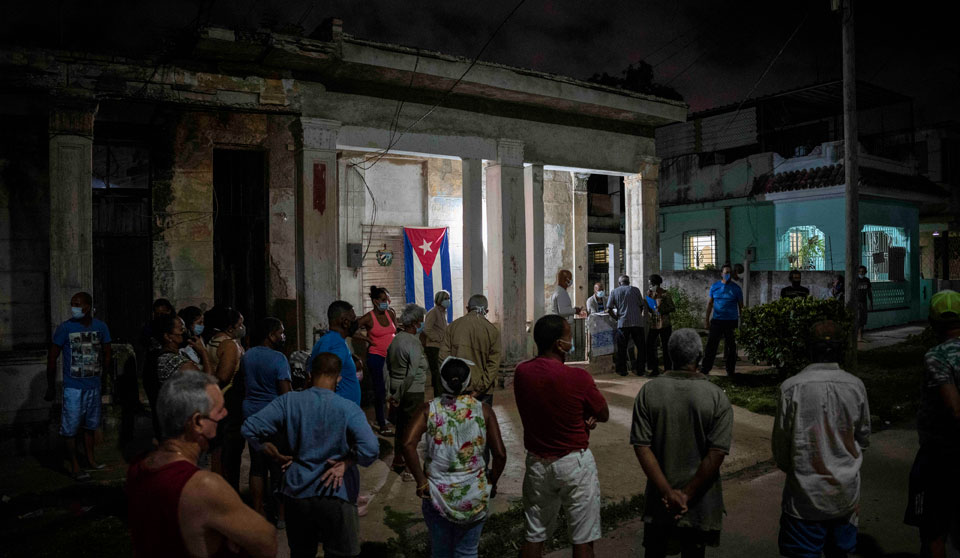The Family Code went through a rigorously democratic process. From the first process of consultation, where more than half of the Family Code was modified, to the second part where through the mass participation of Cuban people over 40% was modified, the collective process of the enactment of legislation becomes clear.
The Family Code was also written in understandable language so that the Cuban people could easily comprehend the legalities involved. The code is intended not just for use in courts of law, but also as an educational document for families to use as a guideline to understand their rights and responsibilities.
The final step of the process, the national referendum, will serve to legitimize the Family Code. It doesn’t impose any kind of model on Cuban families; rather, it protects all people and families, and future families, as required under the Cuban constitution.



The Catholic church unfortunately has had influence on this in Cuba, hopefully they can pull an Ireland and turn it around.
At least the Cuban government is explicitly secular.